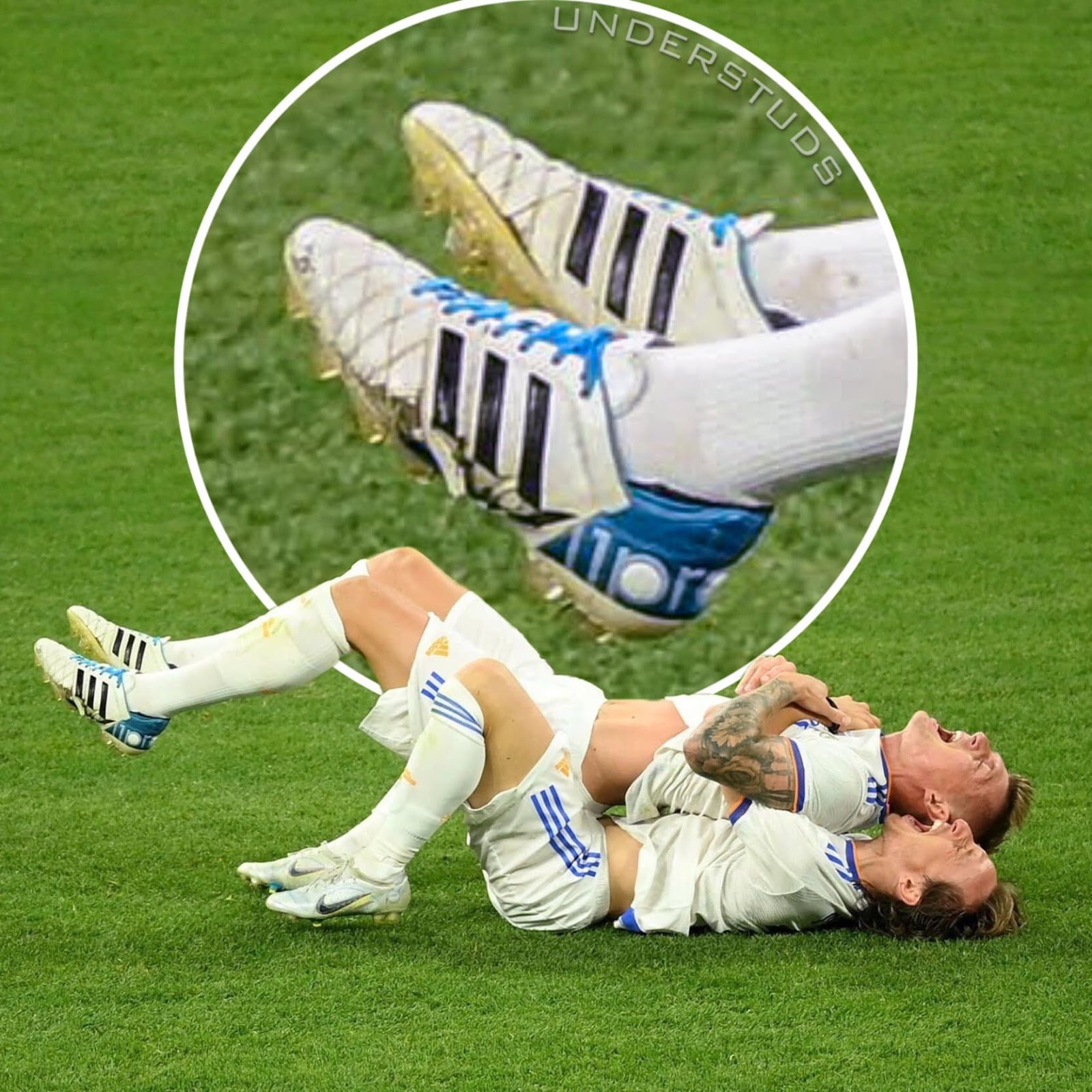
Marca de Gol on Twitter: "Tremendo el estado de los botines adidas 11pro de Toni Kroos en la final de la Champions League 🤯 Literalmente hasta que no se desintegren no los

Talking Madrid - 2022 marks the ninth year that Toni Kroos has been wearing the Adidas 11Pro football boots. They were released in 2012 and Adidas have since discontinued producing models of

Legs of footballer Toni Kroos, Real Madrid, Allianz Arena, Munich, Bavaria, Germany, Europe, Foto de Stock, Imagen Derechos Protegidos Pic. IBR-5010820 | agefotostock

Adidas Predator Fußballschuhe Signiert von Toni Kroos!! in Nordrhein-Westfalen - Bergisch Gladbach | eBay Kleinanzeigen

Las piernas de futbolista Toni Kroos, Real Madrid, Allianz Arena, Múnich, Baviera, Alemania Fotografía de stock - Alamy

Toni Kroos blasts Antoine Griezmann and Pierre-Emerick Aubameyang for their 'nonsense' celebrations | Daily Mail Online



















